Eighteen Again
By @sukstan
A constant theme that appeared in many K-dramas this year was fatherhood, with all of its joys and tribulations. This hit particularly close to home, since my own relationship with my father was always rocky at best (until recently) — and K-dramas, with their admirable single mothers or cold chaebol fathers, never offered much consolation.
This year, however, I was delighted to see so many shows telling stories about the love, protection, and sacrifice that fathers provide unconditionally to their dear children. These K-dramas demonstrated that even though dads can make countless mistakes as they navigate unfamiliar responsibilities, their hearts’ highest priority will always be their children’s happiness and safety. Coming to this realization helped me observe and deeply appreciate many things my own dad does to express his care for me.
*Beware of spoilers below!*
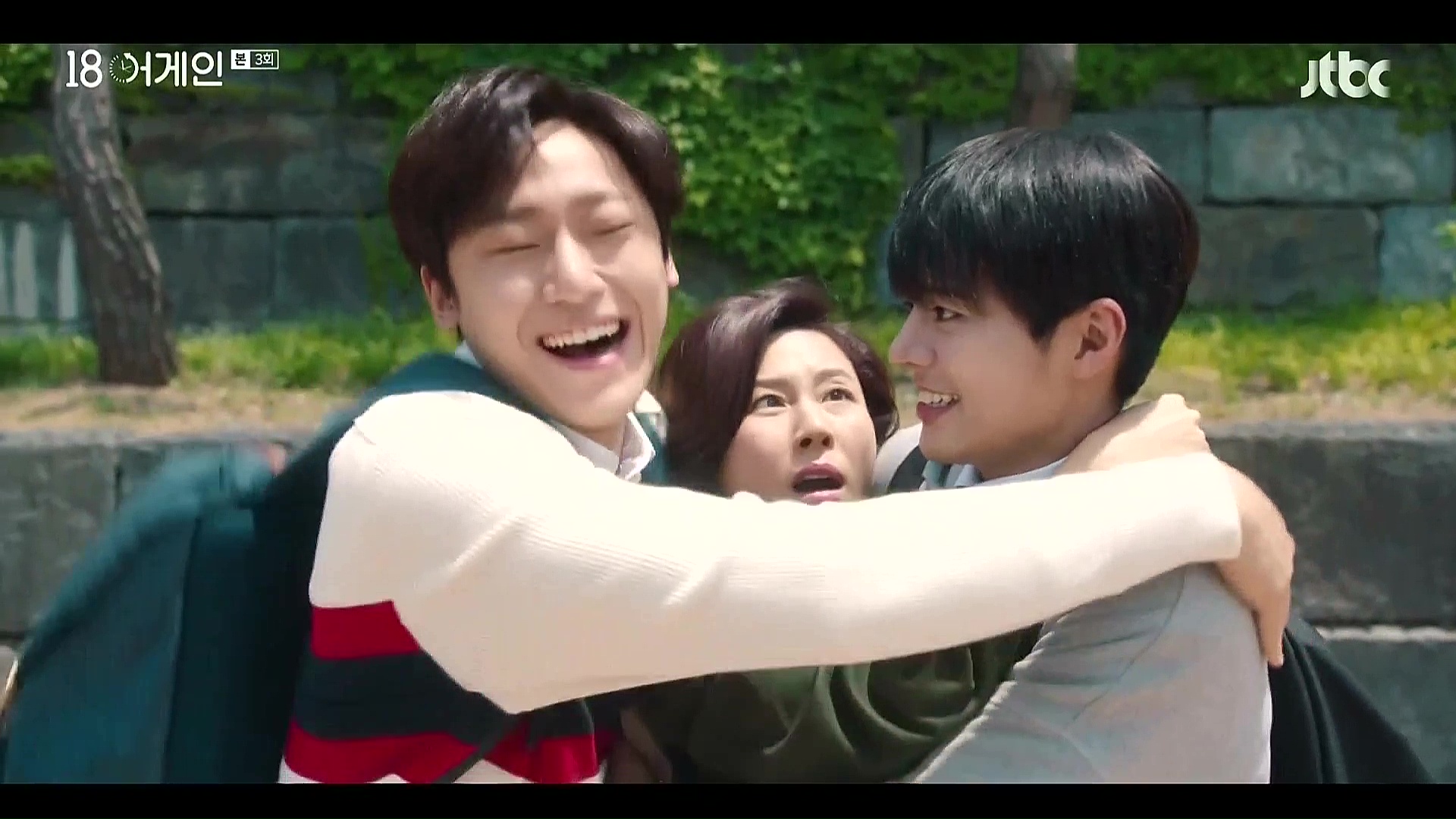
Eighteen Again
Eighteen Again
The invaluable lessons of teenage fatherhood
Hong Dae-young — in an outstanding performance by rookie actor Lee Do-hyun — made an incredibly difficult choice when he was only 18 years old: to give up everything for his unborn children. I can’t even begin to fathom how mature and steadfast he needed to be to take full responsibility at a time in his life when everything he ever dreamed of and worked for was finally within reach.
Dae-young’s own father emotionally abandoned him when his mother died, and with that damaging experience came a sort of defiance that he could do better. However, the ramifications of Dae-young’s decision quickly caught up to him, and fear began to settle in – fear of regret, and fear of a world that saw him as a shameful teenager.
After years of hard labor, the miraculously young-again Dae-young arrived at just the right time. Although he couldn’t admit it at first, Dae-young didn’t need the second chance to chase his basketball dreams. Instead, he just wanted so desperately to feel close to his kids and to do small, loving things for his wife. Dae-young’s sacrifices for his family were immeasurable, but he learned that he would make them over and over again if it meant Da-jung and his children were happy.
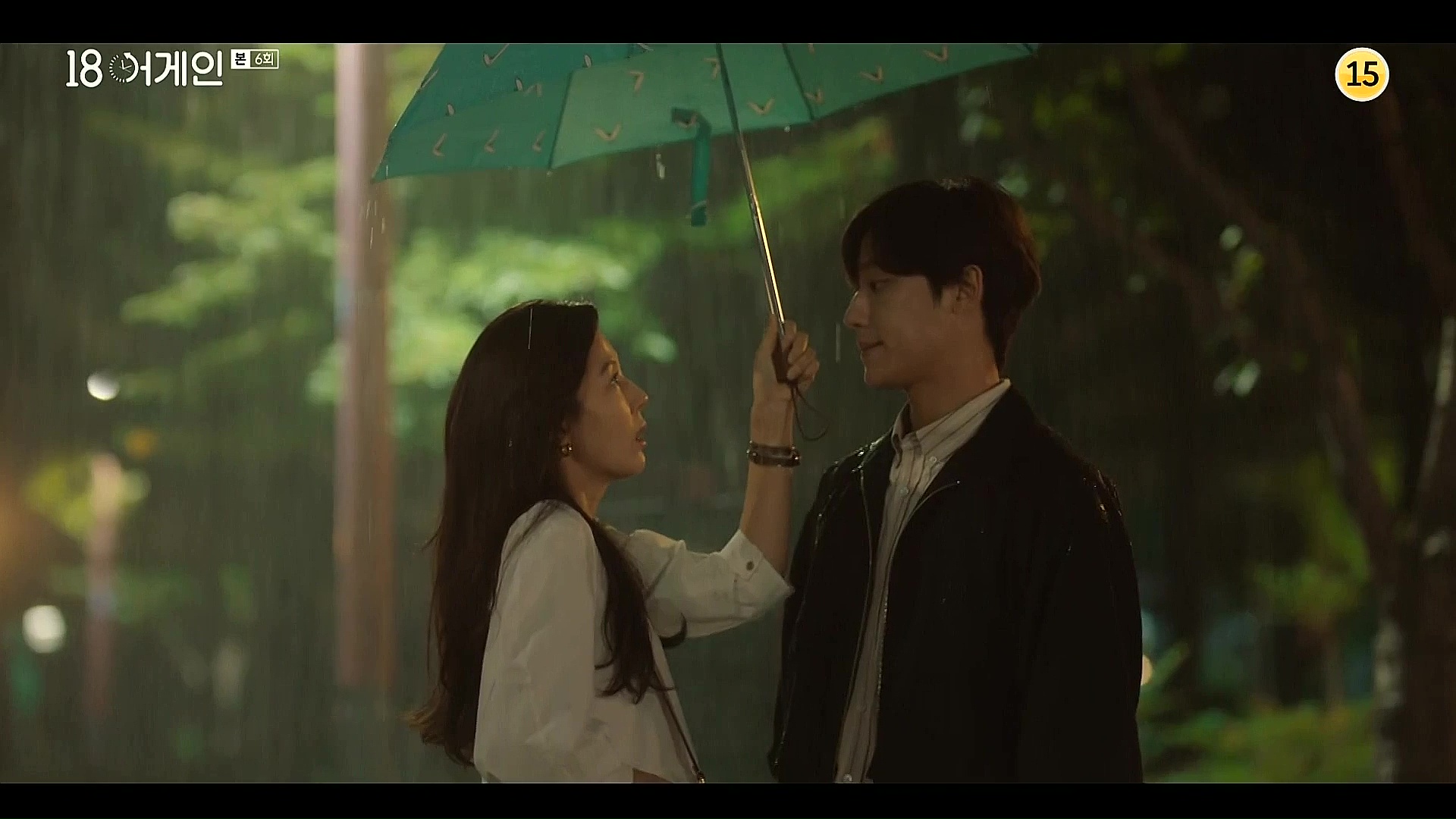
Eighteen Again
Dae-young was constantly being “rained on” because he never hesitated to offer his metaphorical umbrella to his family. It broke my heart that he was afraid of allowing his family, dry under his umbrella, to look up and see him soaked through.
An especially poignant and heartwarming scene was when Dae-young gave his daughter Shi-ah the checkbook he kept for her throughout her life. For every one of Shi-ah’s accomplishments, Dae-young put money in the account as a record – and this checkbook spoke volumes about Dae-young’s overflowing, never-ending adoration for his daughter.
Just like every child in any situation, Shi-ah was a gift to her parents, not a burden. When Shi-ah broke down while telling her father she missed him, I cried right there with her.
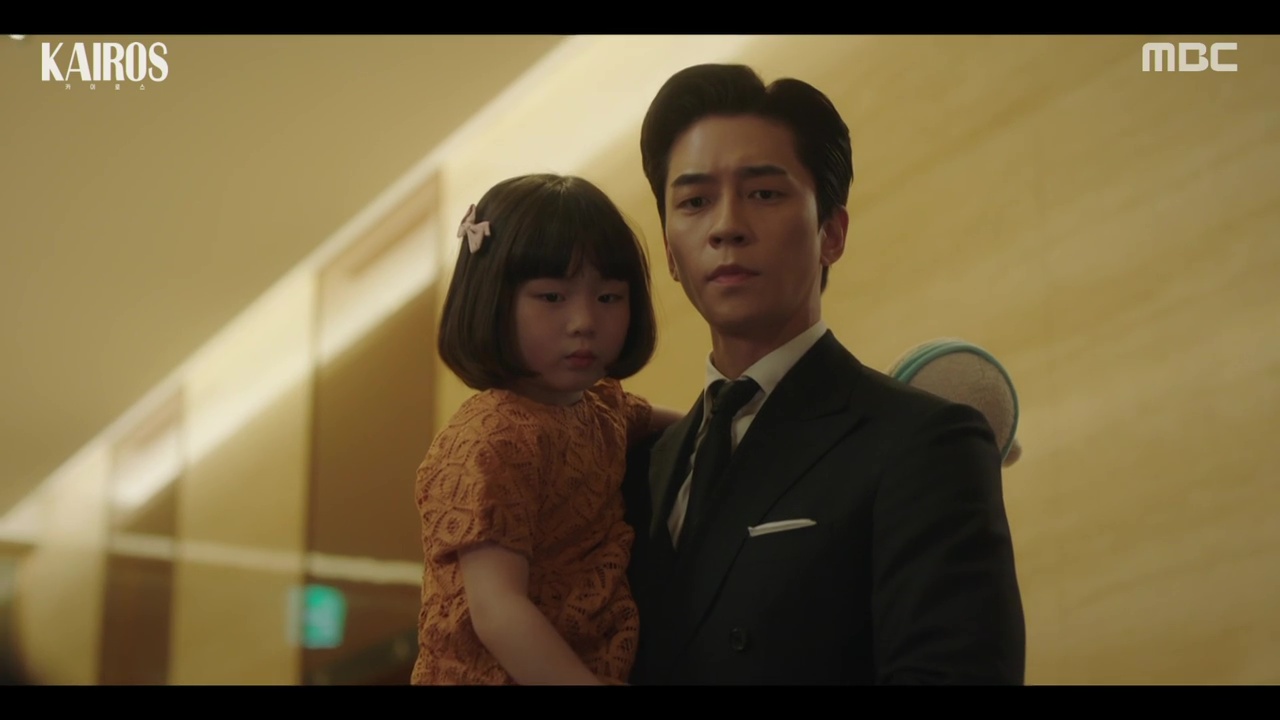
Kairos
Kairos and Hi Bye, Mama!
Fathers in complete desperation
Although the fathers in these two dramas endured different tragedies, they all found hope in their daughters amidst the grief and pain. In Kairos, Han Ae-ri’s father only thought of Ae-ri in his last moments. Despite witnessing this in such hopeless conditions, Kim Seo-jin is unable to overcome his disillusionment with his own father’s apparent suicide and concludes that a father’s love is useless if he is poor and incapable.
The drama doesn’t explicitly explain this, but I like to think that Han Ae-ri’s father is teaching Seo-jin a much-needed lesson about fatherhood through the 10:33 timeslip. The shattering agony that Seo-jin experiences after losing his family almost drives him to take his own life, but the slight chance that he could save his daughter Da-bin gives him enough strength to keep on fighting.
I was so relieved to watch Seo-jin earn the chance to reassure Da-bin that her parents’ fighting is not her fault, and that she no longer needs to hide her pain out of guilt. I imagine Han Ae-ri’s father is watching in peace now that he knows Seo-jin will finally be able to keep his promise to guard Ae-ri from danger.
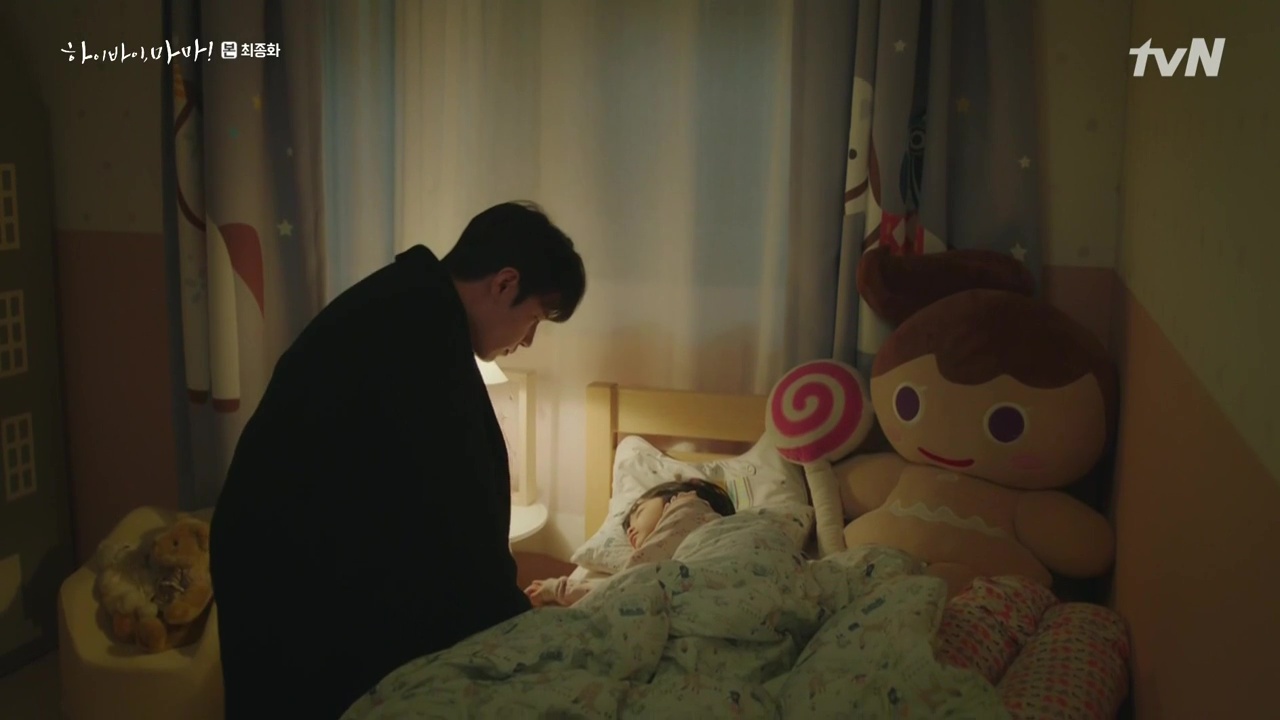
Hi Bye, Mama!
Similarly, Kang-hwa in Hi Bye, Mama! suffers greatly when his wife Yuri suddenly leaves him due to a car accident. All he wants to do is give up and join her, but his instinct to care for his baby girl, Seo-woo, stops him.
I wish this drama did a better job of portraying Kang-hwa’s growth, but it still delivered a very important message about fatherhood. For a father, his child embodies the highest form of love – Yuri lives on in her beloved daughter, and Kang-hwa ultimately has no choice but to let go of his sorrow and firmly hold onto Seo-woo, valuing her life above all, just like Yuri had. He must learn how to allow his daughter to enter and embrace his heart, and help him find happiness again.
For both Seo-jin and Kang-hwa, their daughters were their final lifeline. They often failed to be good fathers at the most critical moments, but in the end, they vowed to become better and selflessly cherish their daughters.
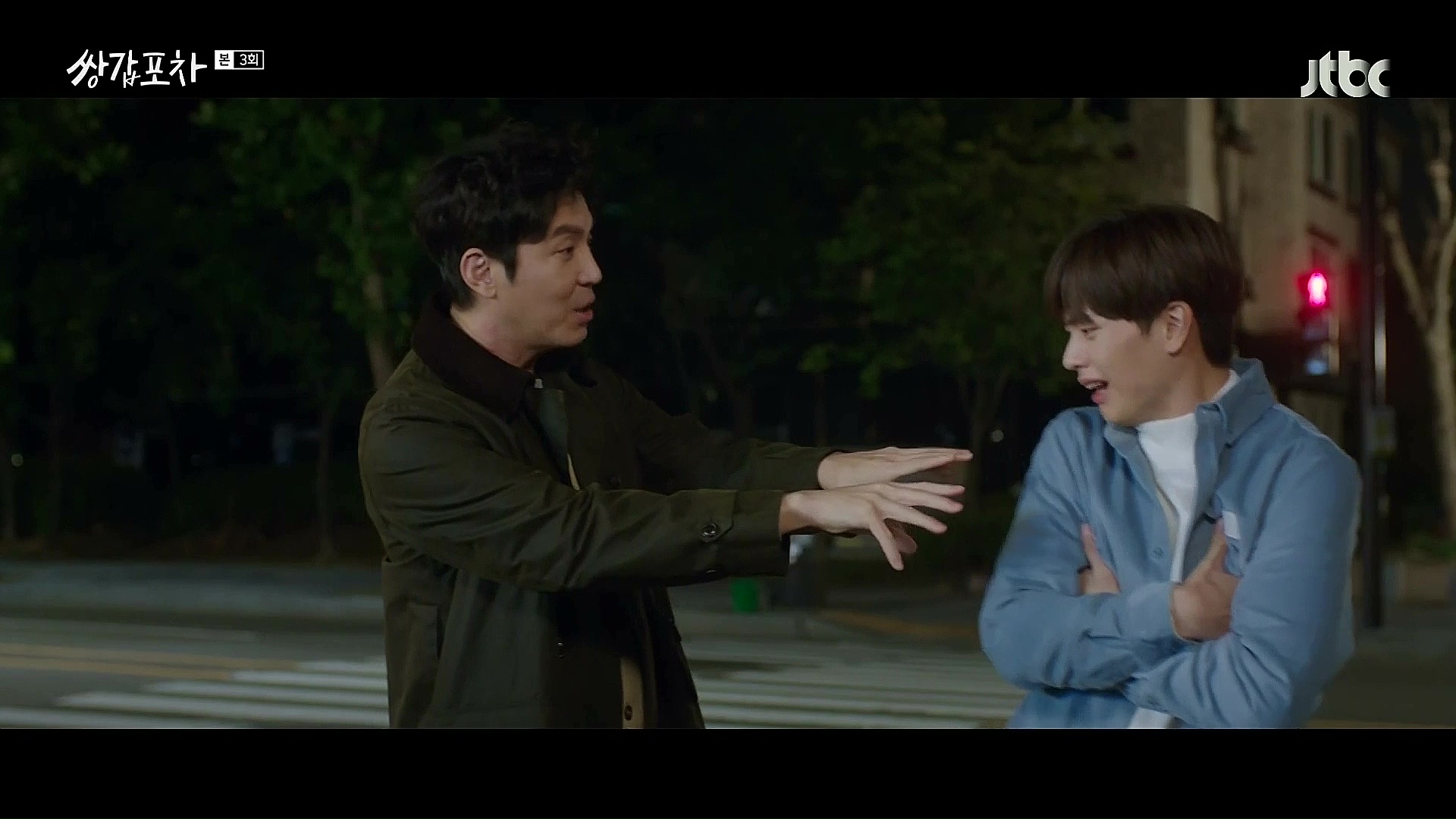
Mystic Pop-up Bar
Mystic Pop-up Bar
Father by blood, or not
Although Manager Gwi did turn out to be Kang-bae’s biological father, I loved how the drama emphasized that even if they weren’t blood related, Manager Gwi would still protect Kang-bae just as fiercely.
Because of his parents’ sins, Kang-bae lacked a father figure for generations, yet his spirit was kind and hard-working. Manager Gwi immediately recognizes this and takes Kang-bae under his wing. It was so endearing to watch them quickly begin to rely on each other. Manager Gwi’s love for Kang-bae was undeniable, and Kang-bae thrived under his care, like true father and son. They just loved to have fun with each other, which is maybe the most important thing of all.
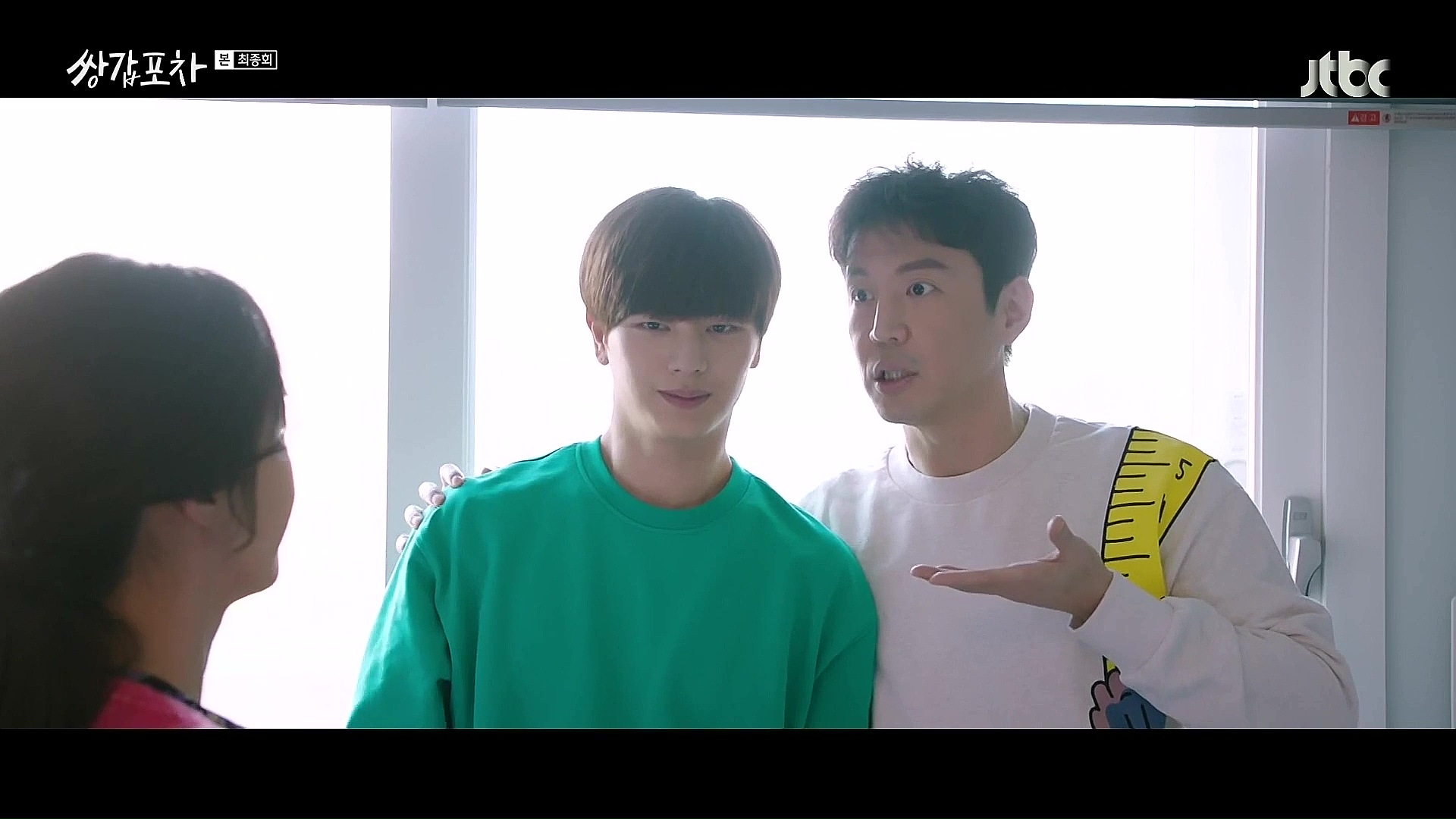
Mystic Pop-up Bar
In the finale of this story, Manager Gwi is barely given time to process that Kang-bae is in fact his son before he decides, without hesitation, to sacrifice it all for him. This father and son were unknowingly waiting for each other throughout many lifetimes, and in a way, Manager Gwi was relieved and thankful to finally be able to express his remorse for what happened in their past and resolve his regrets. To quote Manager Gwi: “If I couldn’t protect you, the truth wouldn’t matter at all.”
Mystic Pop-Up Bar demonstrated that the beautiful emotional connection between a father and his child is cultivated by the guarantee that they will never be alone in the world as long as they have each other.
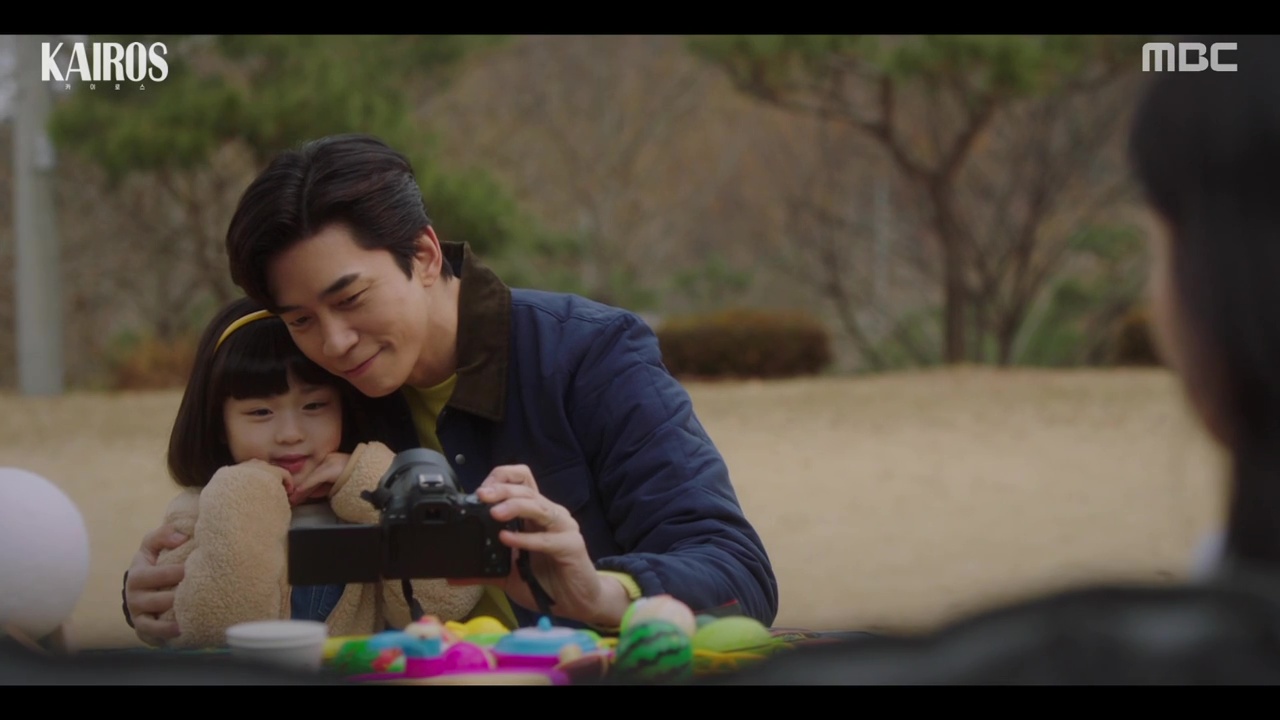
Kairos
2020 marked the year when my father and I decided to begin healing our relationship. I get my stubbornness from my father, so it wasn’t easy at all to destroy my pride and frustration — but these dramas gifted me with a perspective of respect and gratitude.
These stories so masterfully exhibited the truth that a father’s choice to put everything aside for familial love is truly transformative. I hope that as I inch closer to “real adulthood,” and my time left with my father decreases, I will continuously seek out countless reasons to celebrate being my father’s daughter.
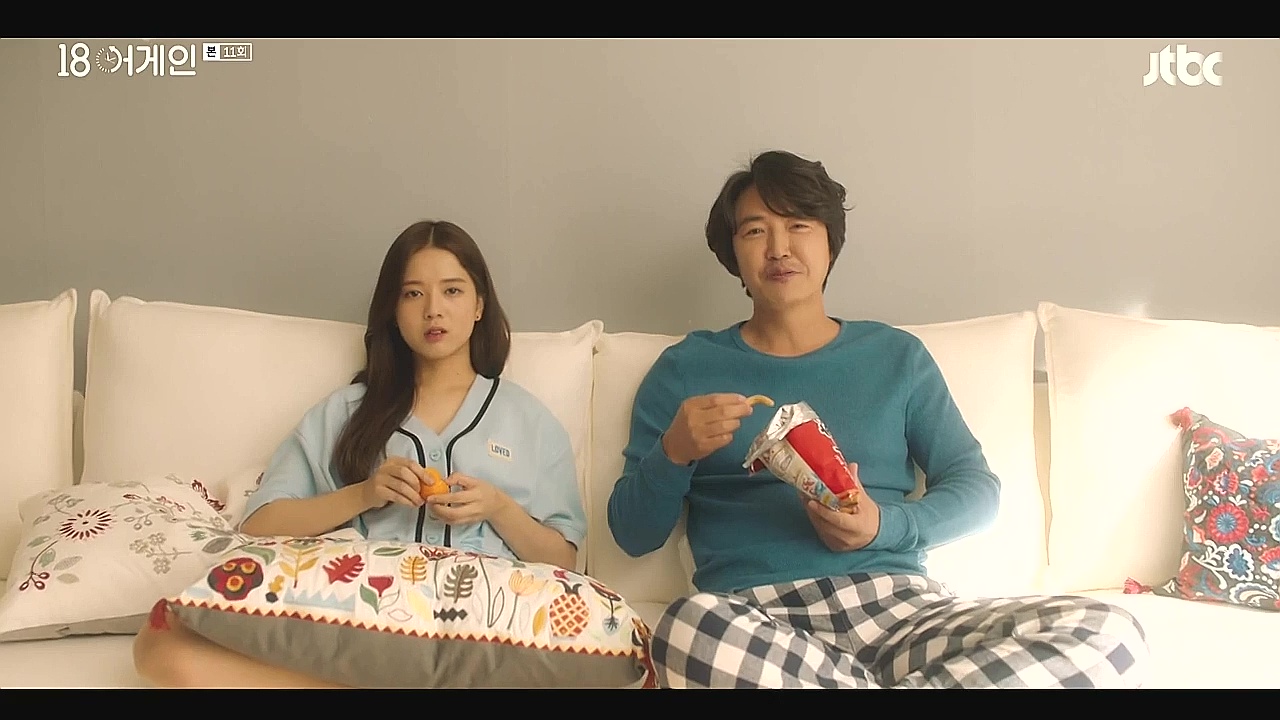
Eighteen Again
![[2020 Review] How K-dramas Healed My Relationship with Father [2020 Review] How K-dramas Healed My Relationship with Father](https://bloghow.mediaverty.com/wp-content/uploads/2025/03/2020-Review-How-K-dramas-Healed-My-Relationship-with-Father.jpg?v=1742649850)